

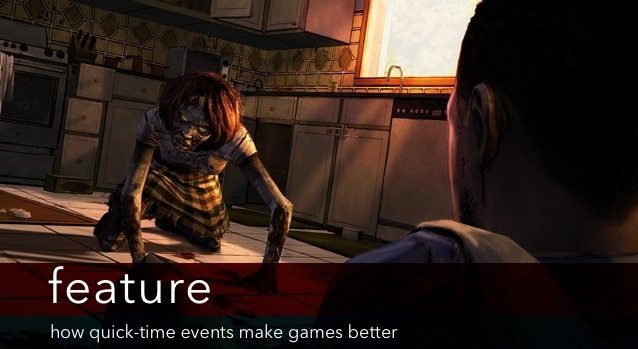
Quick-time events. Escort missions. Ice and water levels. Constantly spawning enemies. Backtracking. What do these things all have in common? They’re monsters that gamers are constantly battling; they’re components of gameplay that nobody likes. For example, check out this passionate anti-QTE editorial at Game Informer.
And yet there’s a problem here: the number of classic, beloved, and popular games that utilize these components. QTEs alone are associated with Shenmue, God Of War, Devil May Cry, The Walking Dead, Heavy Rain and Gears Of War. Backtracking comes with Metroid; Mario has dozens of ice and water levels; Ico is nothing but an escort mission; and even Half-Life 2 has a scene with unlimited spawning enemies, to take a few more examples. These conventions may still be be hated parts of these games, but they are quite evidently insufficient at forcing players in general to hate those games. Which is not to say that bad games don't also utilize these components, but rather that possessing one or some or all of these doesn't stop a game from being potentially great.
Instead of attacking QTEs, etc., it seems to me that it makes more sense to examine their usefulness. From a pragmatic perspective it seems likely that these much-hated concepts actually do have a use, since they're so prevalent in good games. So what purpose do they serve?
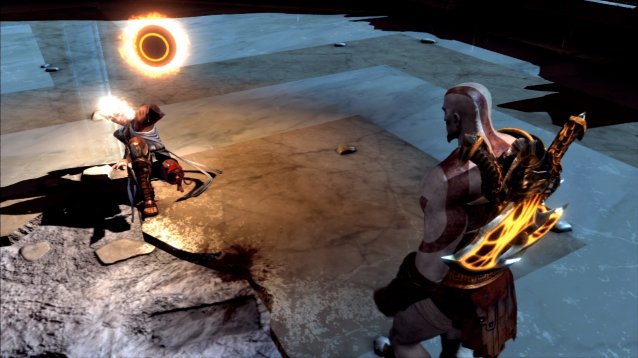
Here's my initial guess: At GDC 2012, Rich Lemarchand of Naughty Dog gave a presentation on how “attention” was more relevant for game developers and players than “immersion.” His games, with Uncharted used as the main example, were designed so that players wouldn't get bored. To take one example, he noted that in order to clear mental fatigue, looking at nature, or even a picture of nature, was remarkably effective—so Uncharted has a few slow, sedentary sequences in natural settings.
With that in mind, I'd suggest that QTEs and the other hated game concepts exist because they successfully maintain attention. As you play a game, you have a certain default mode of play, where you travel, explore, fight, upgrade, heal, etc, in a certain similar way. To take God Of War as an example, I often find myself using the same attack combos in every fight—slash slash SLAM—something that's both generally effective and, done enough times in a row, potentially tiresome. So the Quick-Time Events in the game force me to pay attention again. And it's not because they're “good” or “fun” on their own (although they are associated with rewardingly detailed animations), but because they're different.
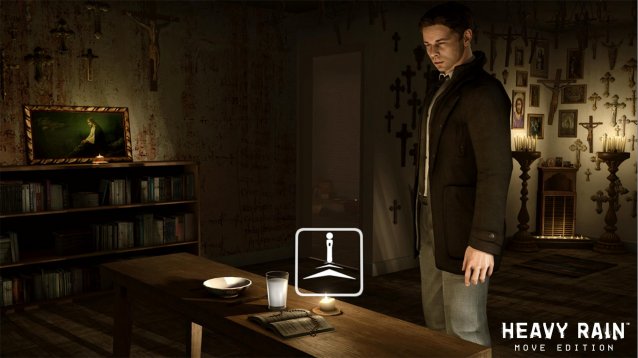
The fact that they're annoying may actually help to knock the player out of his or her comfort zone. In so doing, these much-hated game concepts can make the rest of the game feel fresher. QTEs force attention to the specific buttons, instead of muscle memory letting the player hit them mindlessly. Water and ice levels change the physical rules of the character's interactions with the world. Escort missions focus attention on something other than just the player character. Backtracking helps to set the pace of the game, preventing action-action-action from being too exhausting, while constantly spawning enemies do the opposite, changing the game's pacing by not giving the player conventional time to breathe.
This attention-based theory isn't the only reason these concepts exist in games—tradition, for one thing, certainly plays a part. But it may help to explain why so many great games by so many great developers continue to use them, even though everyone hates them.
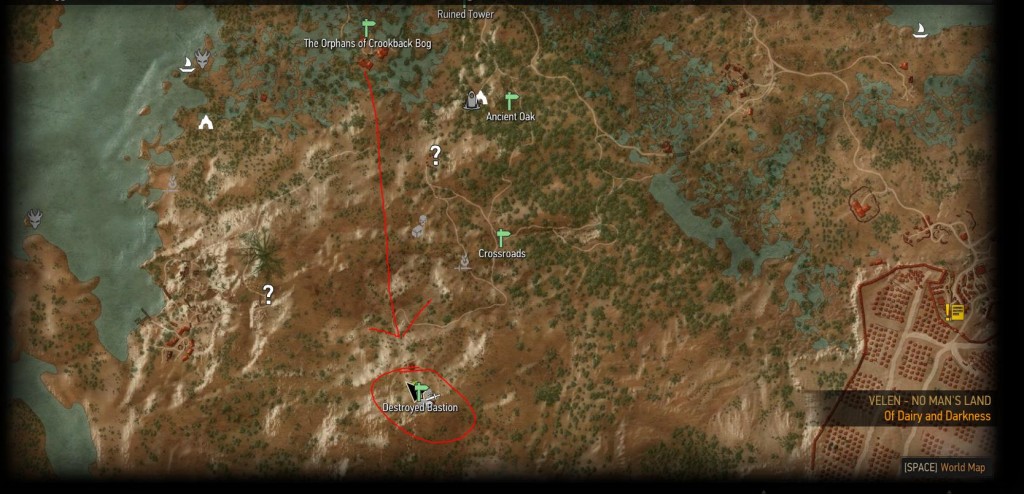

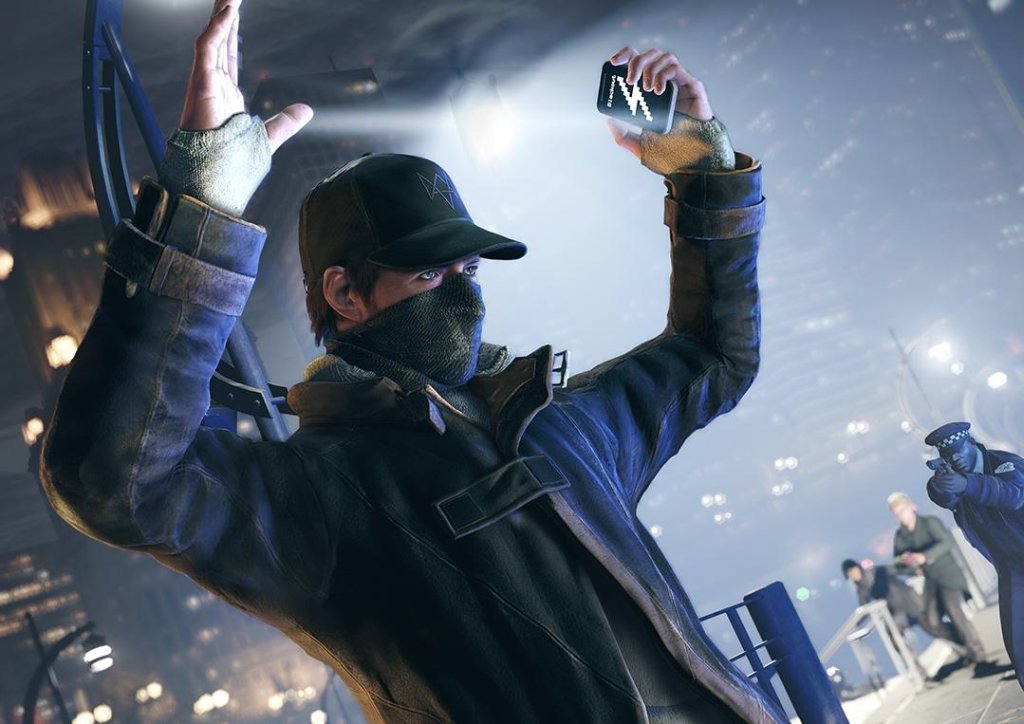
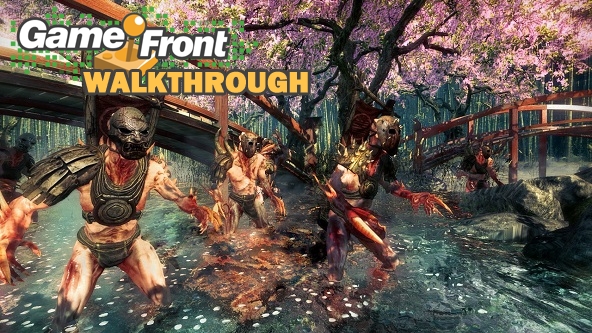
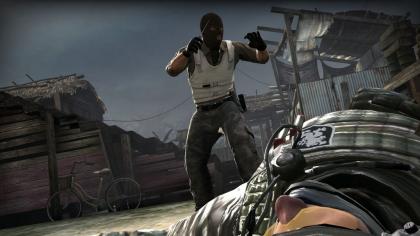 Counter-Strike: Global Offensive - How to Cooldown Timer Work
Counter-Strike: Global Offensive - How to Cooldown Timer Work Warframe Video Guide Explains How To Mod The Spira And Ninkondi
Warframe Video Guide Explains How To Mod The Spira And Ninkondi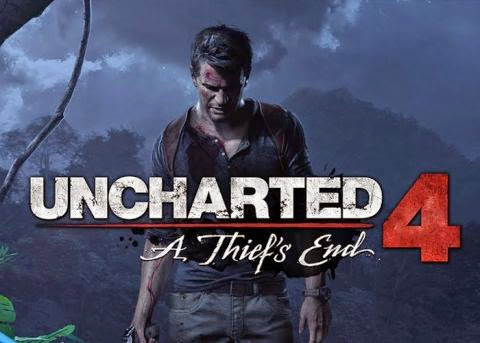 Uncharted 4: A Thiefs End for PlayStation 4 - review
Uncharted 4: A Thiefs End for PlayStation 4 - review Mass Effect Multiplayer: Volus Guide
Mass Effect Multiplayer: Volus Guide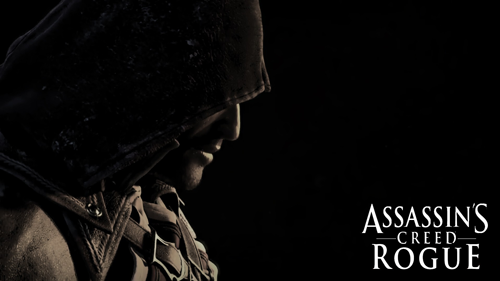 Assassin's Creed Rogue Complete Walkthrough, System Requirements, Characters and More
Assassin's Creed Rogue Complete Walkthrough, System Requirements, Characters and More